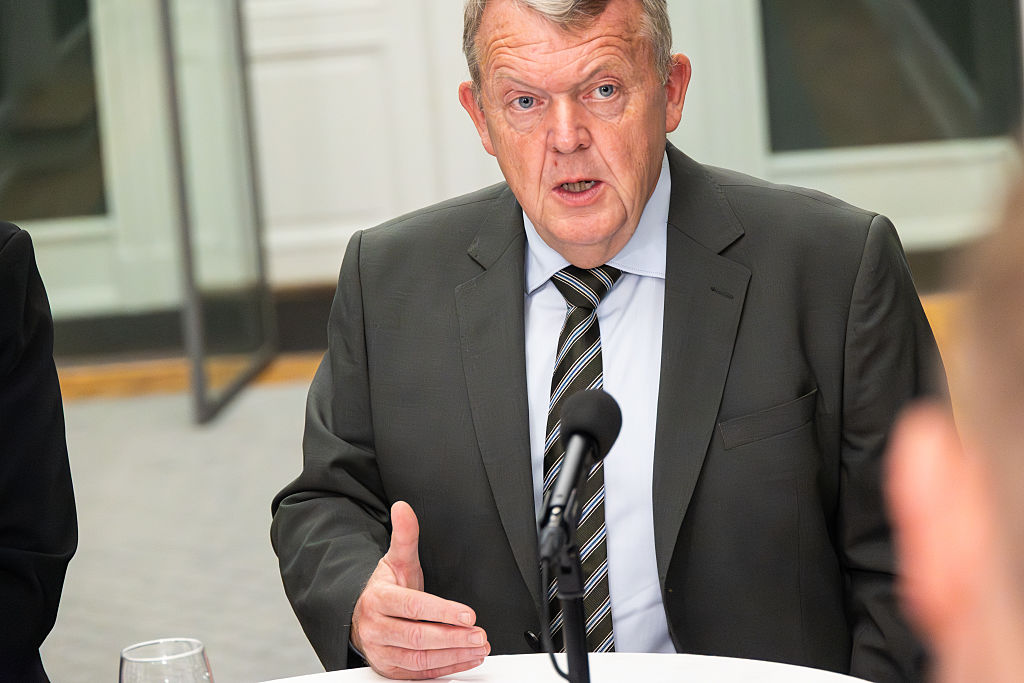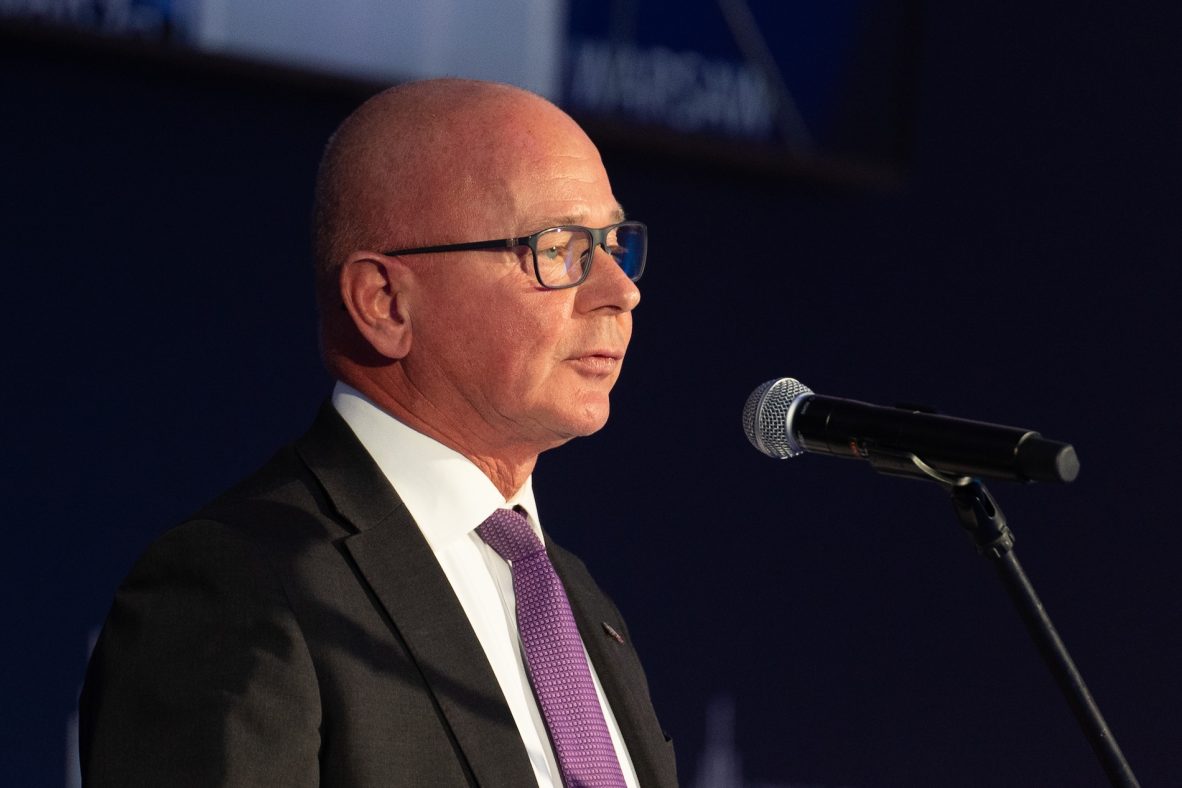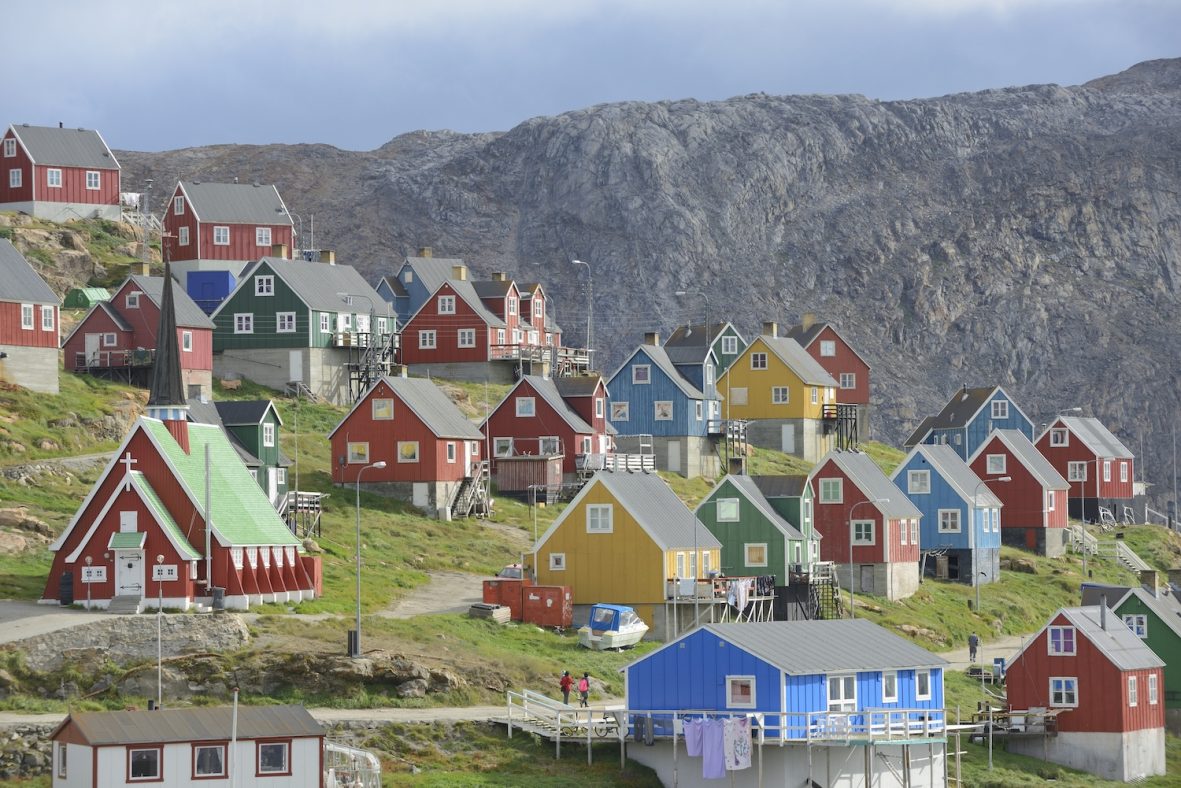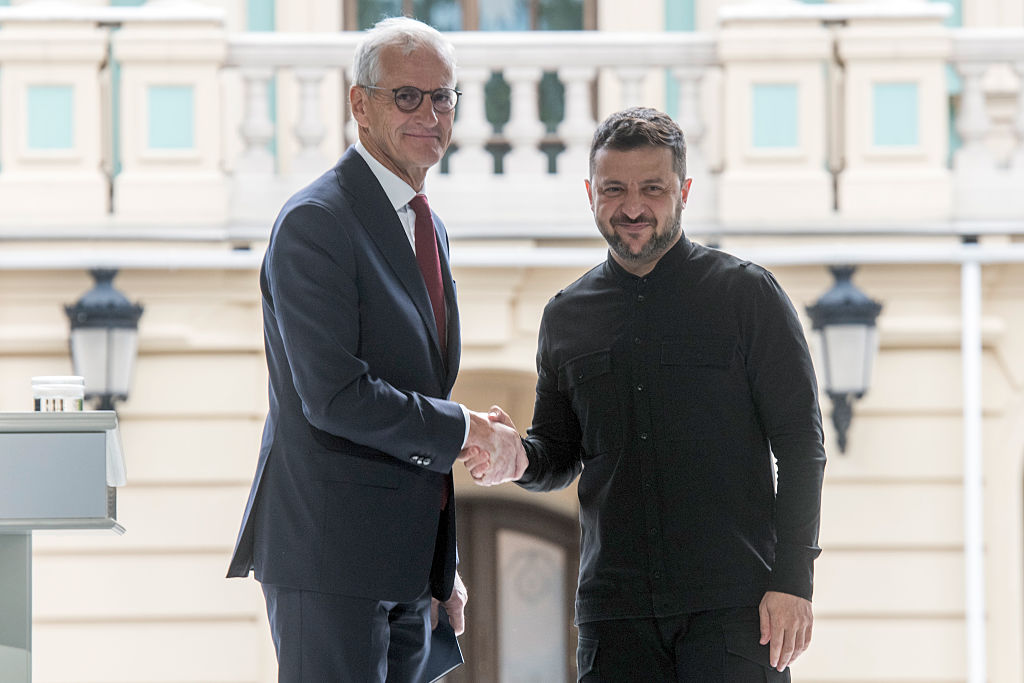Denmark urges ‘tough’ response to China’s rare earth restrictions
EU trade chief Šefčovič similarly condemned Beijing’s “unjustified” measures and called for the EU to "accelerate" its efforts to reduce its strategic dependence on China

The European Union should “flex [its] muscles” in response to China’s sweeping new export controls on strategically crucial rare earths, according to Denmark’s foreign minister.
Speaking before a meeting of EU trade ministers in the Danish city of Horsens on Tuesday, Lars Løkke Rasmussen said that the bloc should “stick together” with Washington to “pressure China to act in a fair way”.
“I think we should have a tough response,” said Rasmussen, whose country currently holds the rotating EU presidency. “We need European unity. We are the biggest trading bloc in the world. We have a lot of muscles. We need to flex the muscles.”
The comments come after Beijing’s announcement last week of stringent new export controls on rare earths, which are used to produce numerous advanced technologies, including electric vehicles, wind turbines, and key military hardware such as radars and fighter planes.
Under the new export system, products containing even minimal amounts of Chinese elements will require a licence before they can be shipped outside the country. Exports of the metals for overseas military use, meanwhile, will “in principle” be banned.
China dominates the world’s supply of the metals, accounting for 70% of global mining and 90% of total refining.
Rasmussen, however, rejected the suggestion that the EU should impose retaliatory tariffs on Chinese exports, as US President Donald Trump threatened last week.
“I don’t foresee that,” Rasmussen said. “We have weapons under the table, but we should do our utmost to avoid that … It’s about frank and open discussions with the Chinese.”
European Commissioner for Trade Maroš Šefčovič similarly condemned Beijing’s “unjustified” measures, which he said represent a “critical concern” for Europe’s long-struggling industries.
He added that China’s restrictions – which come on top of previous export controls imposed by Beijing following Trump’s “reciprocal tariffs” in April – have made it “very clear” that the EU should ramp up efforts to reduce its strategic dependence on the world’s second-largest economy.
“I think we just need really to accelerate [minimising] this dependency as much as possible, and as quickly as possible,” he said.
Šefčovič added that G7 finance ministers will discuss the issue in Washington on Wednesday, and that he aims to speak to the Chinese minister of commerce, Wang Wentao, in a video call next week.
(vib)









